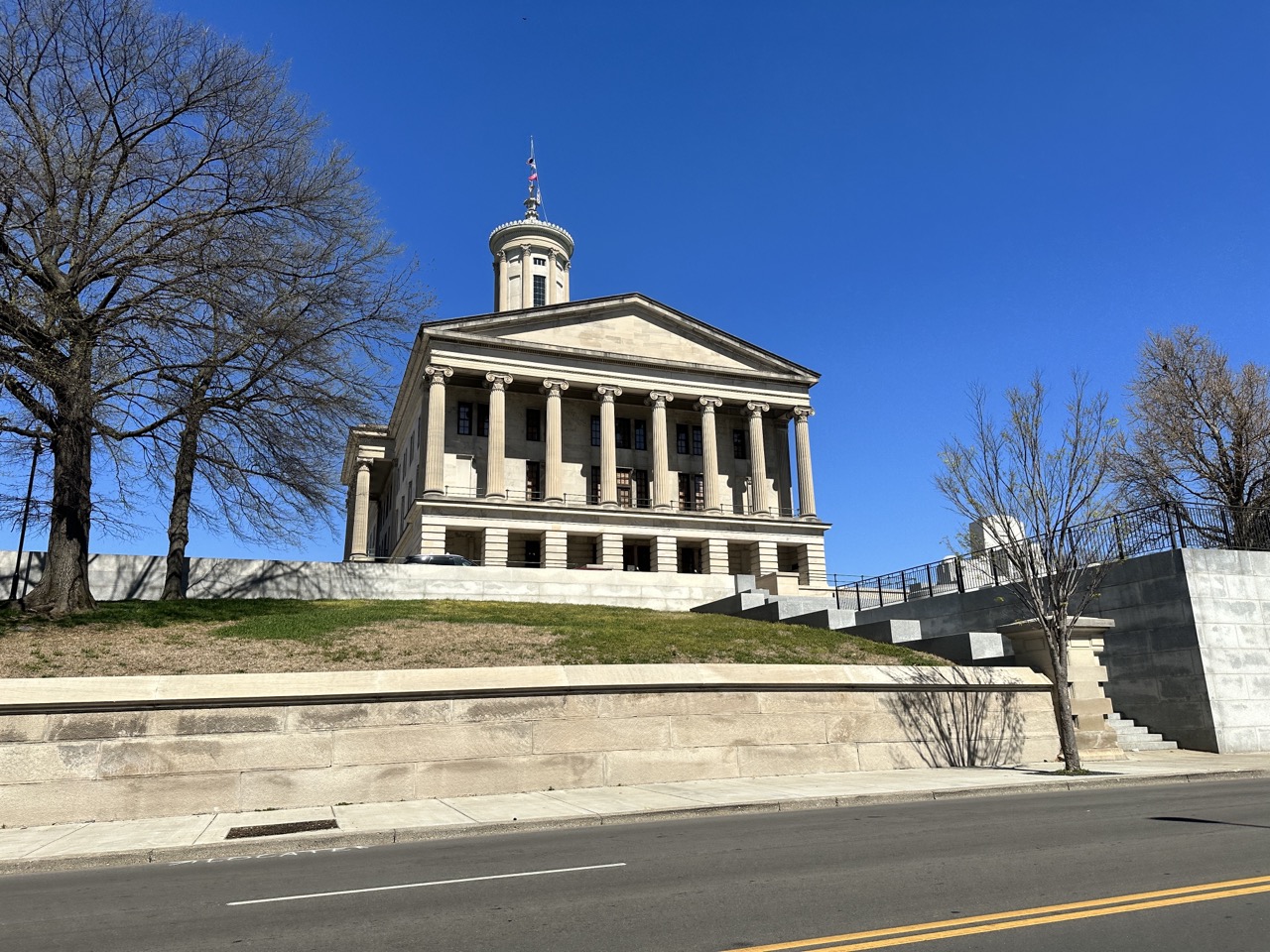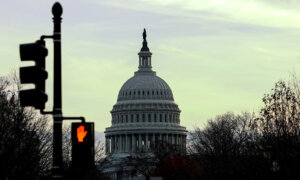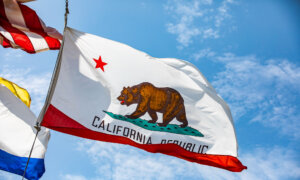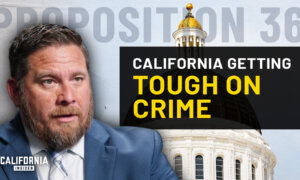A Tennessee Republican lawmaker introduced age verification legislation on Dec. 7 aimed at restricting children from accessing and viewing explicit adult content online.
Titled the “Protect Tennessee Minors Act,“ the bill was introduced by Republican state Rep. Patsy Hazlewood and would require online media companies and operators to put in place age verification measures to ensure that children are unable to access the explicit content.
Specifically, the bill states that an individual or commercial entity that owns, operates, or manages a website that contains a “substantial portion of content harmful to minors” must implement “a reasonable age-verification method” including a valid photographic form of identification issued in the United States, for users who wish to access the website.
Website operators that violate the law would be charged with a Class C felony and risk up to 15 years in prison and a $10,000 fine.
The Tennessee Department of Homeland Security would be responsible for enforcing the legislation.
If passed, the bill would take effect on July 1, 2024.
“Exposing children to pornography is a form of child sexual abuse and exploitation that can severely damage a child’s intellectual development and emotional well-being. It can lead to difficulty in forming and maintaining positive relationships,” the lawmaker said in a statement to multiple media outlets on Thursday.
“This legislation will apply the same safeguards and restrictions to the online world that we already have in place in the physical world. The standard should be the same,” she continued.
Other States With Similar Laws
Ms. Hazlewood’s legislation is similar to age-verification measures that have been passed in recent months in a string of states including Arkansas, Mississippi, Virginia, Louisiana, and Utah.The Free Speech Coalition, a trade association for the adult entertainment industry, promptly filed a lawsuit attempting to block the age verification law in Utah, alleging it “restricts adults’ access to legal speech and violates decades of Supreme Court precedent.”
Meanwhile, pornography website Pornhub disabled access to its website in both Virginia and Utah in response to the law.
Pornhub’s terms of service state that users must be 18 years or older, or the age of majority in the jurisdiction they are accessing the website from in order to use the site.
In September, a federal judge in Texas struck down a similar age-verification law, arguing the legislation violates the First Amendment and is a threat to privacy.
That bill, HB 1181, required adult sites to verify the age of visitors to ensure they are 18 years of age or older. It was signed by Republican Gov. Greg Abbott on June 12 and was set to come into effect on Sept. 1.
However, the Free Speech Coalition also filed a lawsuit against the state in that case, again arguing the measure violated the First Amendment and was too vague.
U.S. District Judge David Ezra agreed with the plaintiff’s claims and blocked Texas Interim Attorney General Angela Colmenero from enforcing it.
“The Court finds that H.B. 1181 is unconstitutional on its face,” the judge wrote in his ruling. “The statute is not narrowly tailored and chills the speech of Plaintiffs and adults who wish to access sexual materials … and the law is not narrowly tailored because it substantially regulates protected speech, is severely underinclusive, and uses overly restrictive enforcement methods.”
Texas officials filed an appeal following the ruling.
Tennessee is one of multiple states that signed a joint resolution in 2017 declaring pornography as a “public health crisis.”
That resolution states that pornography is “contributing to the hyper-sexualization of teens and even prepubescent children in our society,” and noted that 27 percent of older millennials reported viewing pornography before they reached puberty.
“Pornography treats women and children as objects and often depicts rape and abuse as if they were harmless. Moreover, pornography equates violence towards women and children with sex and pain with pleasure, which increases the demand for sex trafficking, prostitution, and child sexual abuse images/child pornography,” the resolution said.














